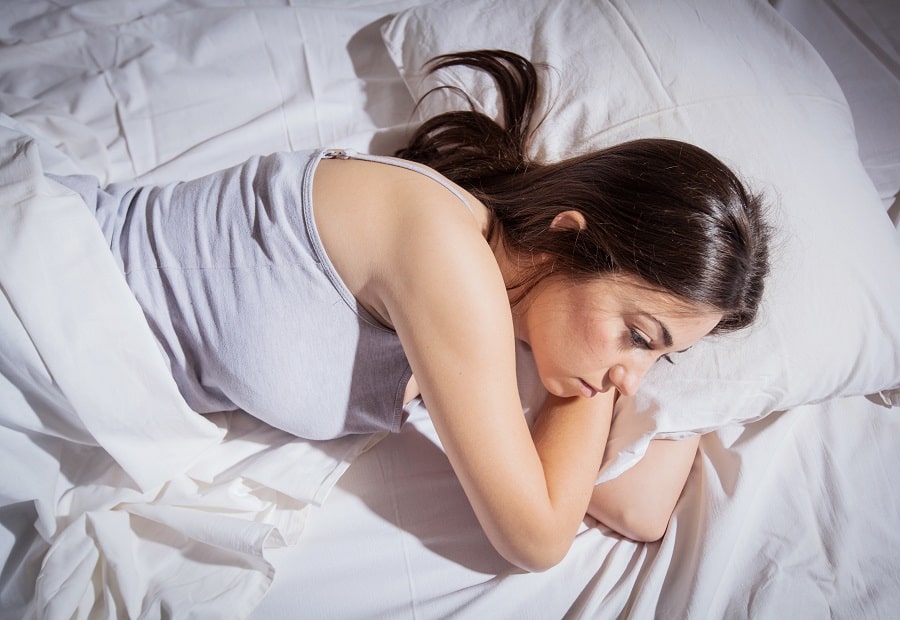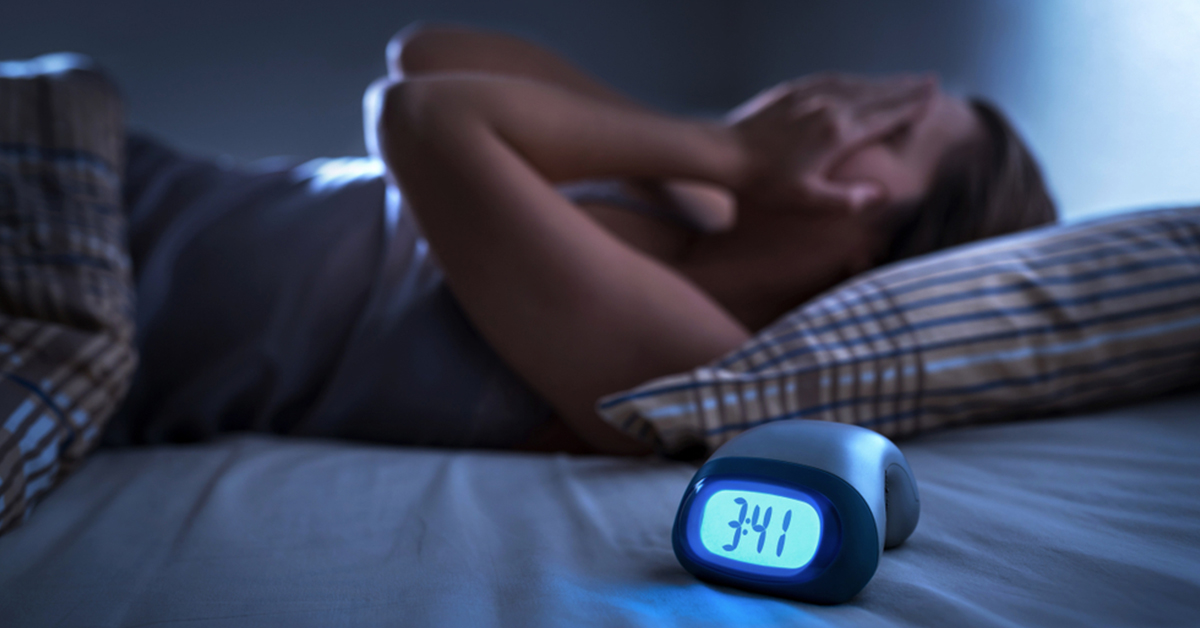Insomnia is a common sleep disorder characterized by difficulty falling asleep, staying asleep, or both. The disorder often stems from stress-related issues or underlying medical problems. Unfortunately, most over-the-counter sleep medications provide, at best, mediocre solutions. However, you’ll find that by making a few simple adjustments to your daily routine, you can improve your ability to fall and stay asleep naturally.
Tips for Managing Insomnia
Developing just a few habits can put you on track for a healthier and more fulfilling night’s sleep. Here are our top ten tips:
1. Go to bed and wake up at the same time every day.
Set times for going to bed and waking up and stick to them. Resist the urge to break the pattern by sleeping in or staying up late. Consistent wake and sleep times help prepare you both physically and mentally for the flow of the day. Over time, you’ll notice how your body’s production of melatonin, the hormone necessary for sleep, begins to align with your new bedtime.
2. Create a soothing bedtime ritual.
Taking a warm shower or bath, drinking a cup of chamomile tea, or listening to relaxing music can help relax your mind and body. Keep in mind that your body’s temperature lowers naturally before sleep, so avoid taking your bath too close to bedtime or you might interfere with this process.
3. Avoid prolonged use of electronic devices.
The blue light emitted by our devices stimulates mental activity and promotes a wakeful or restless state. Limit use of these devices before bedtime and try to keep them out of the bedroom.
4. Exercise regularly.
Exercising regularly can help improve your night’s sleep by burning off excess stress. However, keep your exercise routine hours away from your bedtime. If you exercise too close to bedtime, it can take longer to fall asleep.
5. Avoid beverages containing caffeine or alcohol.
Avoid drinks containing coffee or alcohol several hours before going to bed as these ingredients can cause wakefulness. In addition, consuming beverages before bedtime increases the chance you’ll be awoken during the night by the urge to urinate.
6. Make your bedroom comfortable and cozy.
Your bedroom should be dark, quiet, and cool. Setting the lights and thermostat at comfortable levels when getting ready for bed helps send a signal to your body that it’s time for sleep.
7. Avoid long naps.
Taking long naps during the day can throw off your sleep cycle drastically. If you are struggling with daytime drowsiness, take a nap of ideally no more than 20 minutes to refresh.
8. Avoid smoking.
In addition to the other major health concerns it can cause, nicotine is a stimulant, which can deeply interfere with your sleep pattern and contribute to insomnia.
9. Lie down only when you’re sleepy.
If you are still wired at bedtime, engage in a relaxing activity to help you wind down before climbing into bed. Going to bed when you’re sleepy helps create a stronger mental association between your bed and sleep.
10. Still awake after 20 minutes of lying down?
Get up and move to another room. Perform a quiet and relaxing activity such as reading until you begin to feel drowsy. Then go back to bed.
Insomnia Treatment Options
In some instances, insomnia can be caused by a deeper issue and may require the expertise of a trained insomnia doctor. A doctor will be able to rule out medical conditions such as sleep apnea, chronic pain, restless leg syndrome, mental health disorders, or any other underlining causes. Many times, once an underlying condition is diagnosed and treated, the level of anxiety surrounding sleep issues drops considerably. For help getting a deeper and more fulfilling night’s rest, contact us today.






